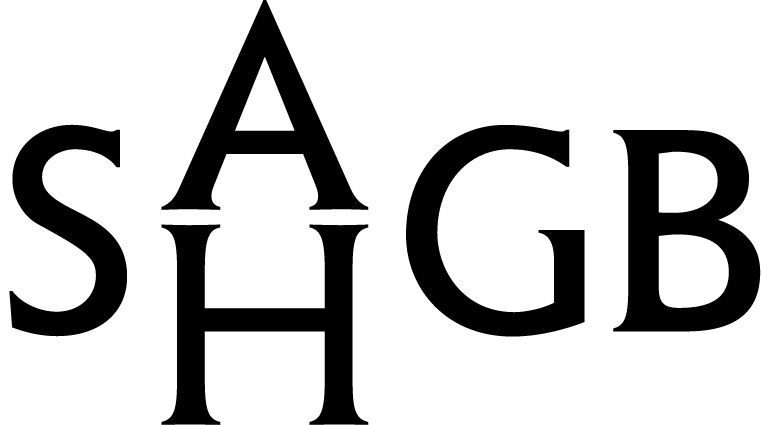Events and the Pandemic
Ann-Marie Akehurst, Programmes Officer
Since 22 February, when the Prime Minister established a staged pathway to re-opening society, Britain has seen a rush to announce in-person events in some quarters, partly to revitalise the economy. While the Trustees miss seeing you all and are as keen as everyone to re-establish face-to-face (F2F) events, we ask for your patience. As a charity, the Society can prioritise public health over economic concerns. The Government roadmap is set against our satisfying four key tests that must be met before new restrictions begin to lift: the R rate remaining below one; the successful roll-out of mass vaccination; the careful monitoring of new variants; and the pressure the infection places on the NHS capacity.
Though many are embracing 21 June as a key to ‘back to normal’, the PM’s emphasis on ‘data not dates’ is important. While making planning difficult, it reminds us that we still have far to go with, our route complicated by too many unknowns – the roll-out of covid-status documents, the continuance of social distancing, and the wearing of masks, shape what’s possible.
Virtual programmes are here to stay: In Spring 2020 we introduced virtual programming that has opened up our field of architectural history to a greater range of voices and perspectives – even internationally. This blossoming has required the considerable time, effort and dedication of a small team of volunteers, and it’s our intention to continue with such programming into the future.
What’s coming up? Additional to the Seminars and Members’ talks, the RIBA Partnership evening course, and a new IHR/Wellcome partnership seminar series, the timely Symposium, Architectural History and Climate Emergency, and the Workshop, Visual Representation in Architectural History, are conceived of as groups of virtual events across April, May and June. All this takes time to develop and deliver, and young teams are currently developing exciting plans for the second half of 2021.
F2F takes time to plan and deliver: While virtual enables intellectual stimulation and entertainment, it can’t supplant the social contact we all yearn for, yet the most cursory glance at the typical study tour will alert members to their danger by uniting the very things we have learnt to avoid: public transport, overnight stays, communal accommodation and large-scale indoor socialising. From personal experience, I can testify that mini-bus travel wearing a mask is not the same as the experience formerly enjoyed.
We will gradually reintroduce such events when safe, but there are many limiting factors in realising them. We’re dependent upon volunteers’ time and effort, which is already stretched. We’re also dependent upon third parties to partner with us, and to host events. This requires their staff to be returned to work and – in the case of universities – their own logistic priorities to be navigated before they open their doors to us. Lecture-theatre capacities are greatly reduced; stairs are currently pinch points. Cathedrals and power stations lend themselves better than follies and domestic spaces. Archival materials as drawings can’t be handled by multiple people and must be quarantined after use. And there’ll be pricing implications for enhanced sanitation set against a background of reduced incomes for many. A trip to Naples is in development, but international travel is an area subject to even more factors outside our control.
As information emerges, we’ll continue to evaluate what’s possible within the myriad of constraints and make judgement calls regarding the best use of volunteers’ time in the light of planning events that may be cancelled. Presently, small-scale visits to large and open spaces where members supply personal transport, accommodation and catering seem a first step. Hosting the 2021 Annual Awards and Lecture as a F2F Christmas event might be possible, though the wearing of masks – that seems likely to remain – would make it a different experience and it is by no means certain that next winter we will not see rates rise again.
